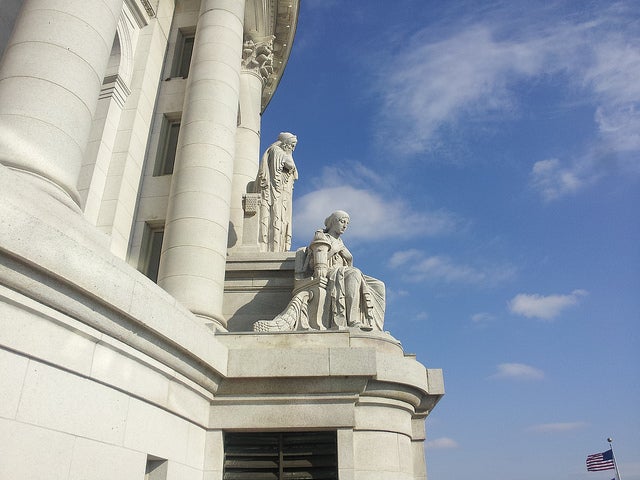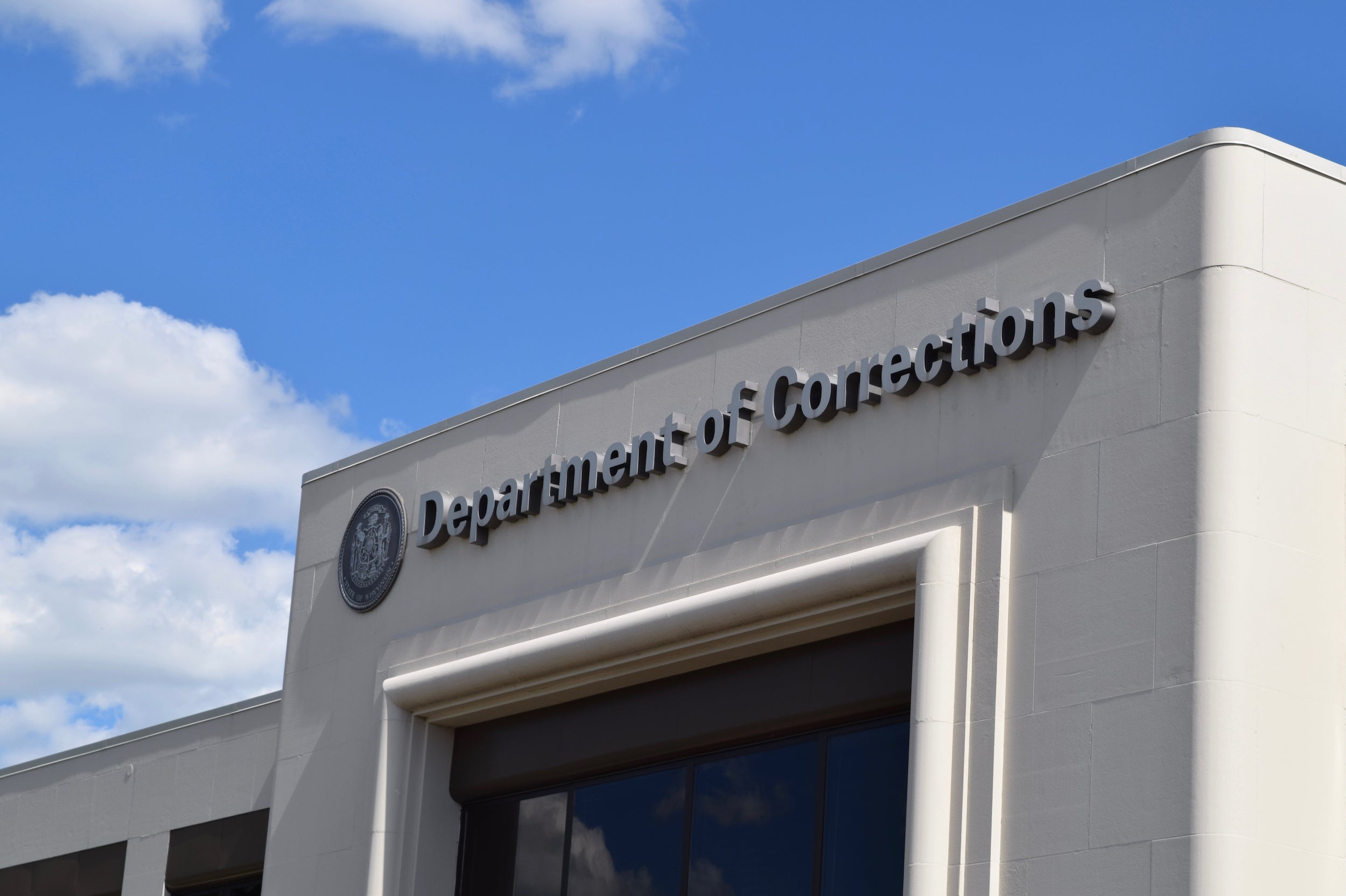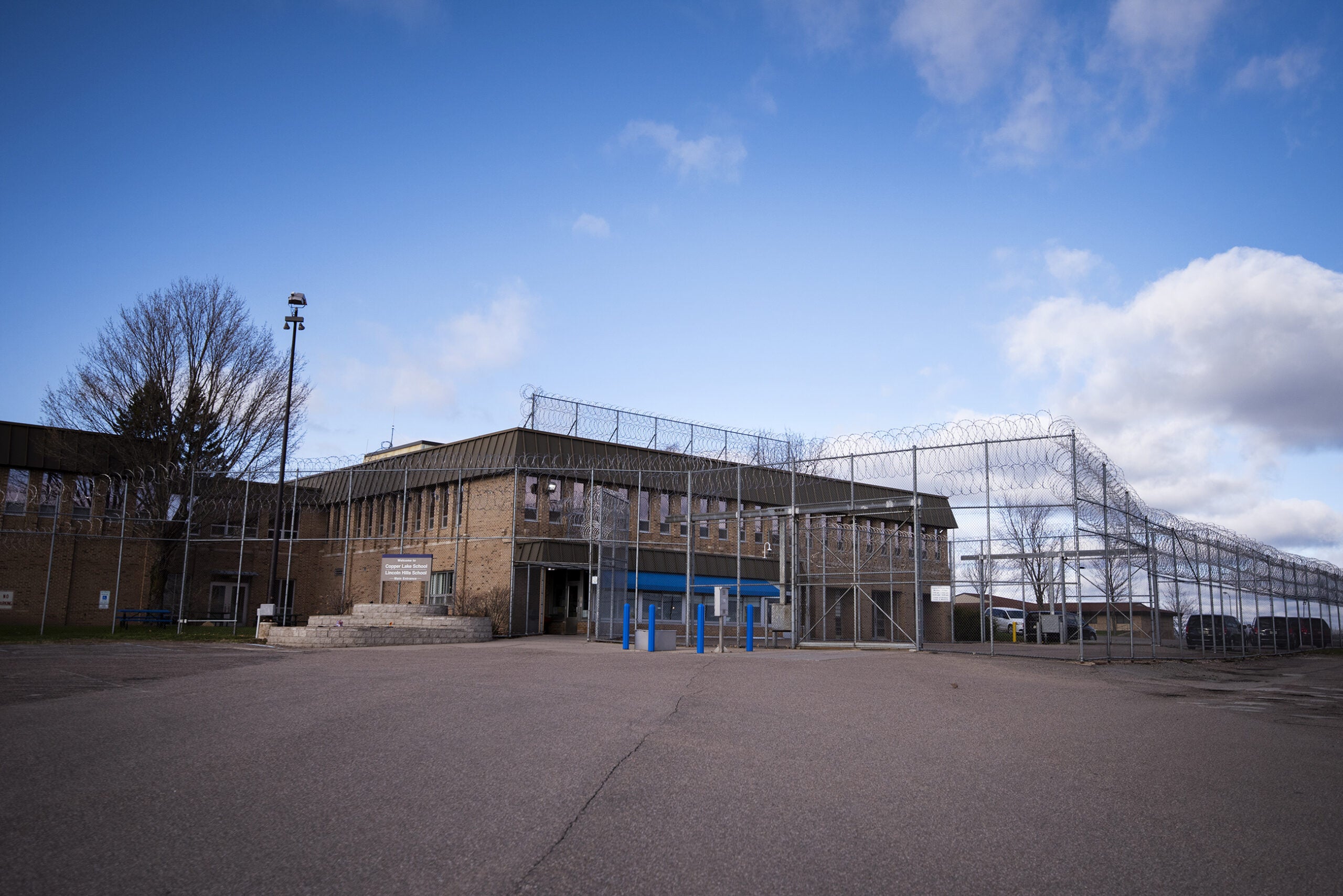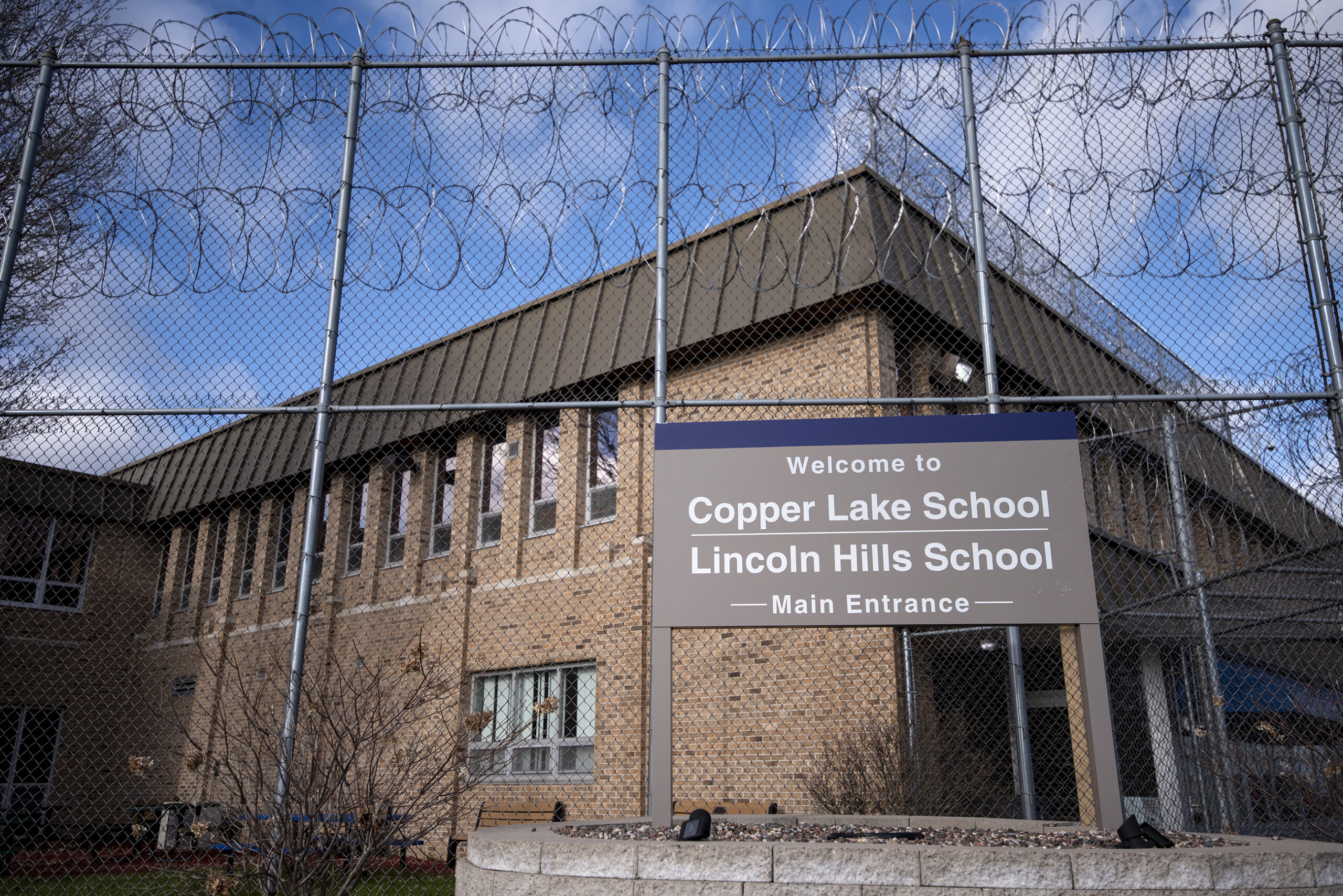As state lawmakers work to approve a sweeping overhaul of Wisconsin’s youth corrections system, they’re leaving many of the decisions to someone else.
That makes it hard to say precisely where the state will build its new juvenile prisons, or how young offenders will be treated differently there than they are now at the troubled Lincoln Hills School for Boys.
Recommendations on those decisions would be made by a panel of experts and stakeholders after the governor signs the bill to close Lincoln Hills, assuming it first passes the Wisconsin Senate.
Stay informed on the latest news
Sign up for WPR’s email newsletter.
“I can’t say how important that collaborative work will be in guiding juvenile corrections forward in the state of Wisconsin,” said Rep. Evan Goyke, D-Milwaukee, at an informational hearing before the state Senate’s Judiciary Committee.
Twenty-four people would sit on the Juvenile Corrections Study Committee that would be created through the Lincoln Hills proposal that passed unanimously in the Wisconsin Assembly.
Membership would include representatives from several state agencies, including the state Department of Health Services and the state Department of Public Instruction. It would also include representatives of county government, as well as district attorneys.
Other members would include a representative of a nonprofit that focuses on issues relating to juvenile justice and someone from a national organization that focuses on eliminating race-based discrimination.
The committee would also include one citizen member who has either been under state Department of Corrections supervision or has had a family member involved in the criminal justice system.
Backers of the plan say the committee will ensure Wisconsin’s juvenile corrections policies are based on the latest research.
“I think everyone would agree right now we’re not following the best, evidence-based practices,” said Rep. David Bowen, D-Milwaukee. “We really want to revamp this.”
What the plan doesn’t address head-on is what many juvenile advocates argue has been abuse by corrections officers.
The DOC has come under fire for its use of pepper spray, mechanical restraints and solitary confinement for youth inmates at Lincoln Hills. None of those practices would be barred under this plan.
The bill would move nonviolent offenders to county-run centers scattered at locations throughout Wisconsin.
More serious offenders, those convicted of crimes like robbery or murder, would be moved to another state-run institution.
The bill does not spell out how many state-run institutions would replace Lincoln Hills or where they’d be located.
Rep. Michael Schraa, R-Oshkosh, said those are the types of decisions that will be considered by these committees, though he did reiterate that the public would be kept safe in the new system.
“There’s going to be razor wire,” Schraa said of the new state institution for serious offenders. “It’s going to be a secure facility.”
While Sen. Majority Leader Scott Fitzgerald, R-Juneau, had previously expressed doubt that the Senate could pass the Lincoln Hills plan before it adjourns, several Republican senators have suggested they support the bill in concept.
Sen. Alberta Darling, R-River Hills, said Tuesday the plan could potentially receive a unanimous vote in the Senate, just as it did in the state Assembly.
“I think the Senate has to see that this is, number one, better than what we’re doing now,” Darling said after Tuesday’s hearing. “That the cost will be more effective if we deal with recidivism.”
The plan received a boost Tuesday when the Wisconsin Sheriffs and Deputy Sheriffs Association came out in its favor. Fitzgerald had said that it was critical to get sheriffs on board.
Sen. Van Wanggaard, R-Racine, who chairs the committee that held Tuesday’s hearing, said he hopes to hold a vote on the plan in the next couple weeks.
The Senate is tentatively scheduled to hold its final session day of the year on March 20.
Wisconsin Public Radio, © Copyright 2025, Board of Regents of the University of Wisconsin System and Wisconsin Educational Communications Board.





